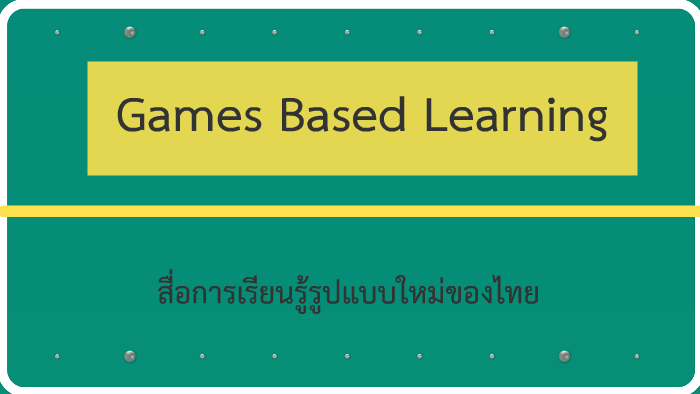

The immense and complex role that learner engagement, autonomy, and motivation have to play in the overall learning process is adequately addressed in game-based learning. Driven by learner-centred pedagogy, we propose adopting game-based language learning for ensuring learner engagement and developing intrinsic motivation. In an ESL class, such an approach reduces language learning to merely a process of reproduction and does not allow co-creation of knowledge. It puts a lot of onus on rote-learning which is clearly what Paulo Freire calls the 'banking concept of education' in which knowledge is merely transferred from one person to another. The prevailing Indian educational system is no different. Featuring a foreword from James Paul Gee (Mary Lou Fulton Presidential Professor of Literacy Studies, and Regents’ Professor), this book comments on promises and challenges of game-based learning in twenty-first century classrooms.Playing games is often believed to be an educationally unproductive activity in strictly traditional educational settings. Games are often the focal point of instruction. These teachers use games to provide a shared meaningful experience for students.

There are plenty of lessons to be learned from the best practices of expert educators. Game-Based Learning in Action details how the classrooms of expert game-based learning teachers function, from how they rollout games to how they assess learning outcomes. Farber shares his findings about the social practices of these educators. Teachers in "The Tribe" do not teach in isolation-they share, support, and mentor each other in a community of practice. They mentor and lead newcomers to game-based learning, as well as advise game developers, academics, and policymakers. They are transformational leaders outside the classroom, in communities of practice.

How are expert educators using games in their classrooms to give students agency, while also teaching twenty-first century skills, like empathy, systems thinking, and design thinking? This question has motivated Matthew Farber’s Game-Based Learning in Action: How an Expert Affinity Group Teaches With Games showcasing how one affinity group of K12 educators-known as "The Tribe"-teaches with games.


 0 kommentar(er)
0 kommentar(er)
